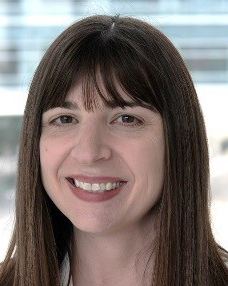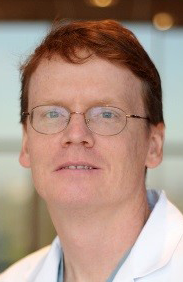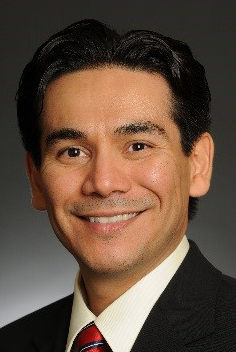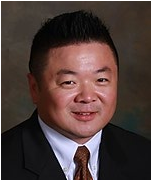Saturday, Jan. 22, 2022
In this webinar participants learned about different aspects of patients diagnosed with spina bifida. There was a multidisciplinary approach to describe how to perform a detailed evaluation of the spina bifida in utero using ultrasound and MRI. We also focused on the challenges of surgically managing these cases and how to conduct follow-up. Our panel explained the primary challenges that babies with these conditions face. We also described ways to improve the care of babies with spina bifida including which tests and evaluations are appropriate for this population. Additionally, we discussed a clinical trial that focuses on the benefits of using stem cell therapy for spina bifida fetuses.
- For more information contact us at obgyneducation@bcm.edu.
- If you would like to receive information about our upcoming webinars, submit your contact information.
| Time | Topic | Speaker |
|---|---|---|
| 9 a.m. (CST) | Introduction | Dr. Magdalena Sanz Cortes Dr. Alireza Shamshirsaz |
| 9:05 a.m. (CST) | Fetal Imaging of Neural Tube Defects | Dr. Amy Mehollin-Ray |
| 9:20 a.m. (CST) | In Utero Spina Bifida Repair: The Neurosurgeon's Perspective | Dr. William Whitehead |
| 9:35 a.m. (CST) | Q&A | Panel |
| 9:45 a.m. (CST) | Outcomes and Follow-Up After Birth of Children Born After In Utero Spina Bifida Repair | Dr. Jonathan Castillo |
| 10 a.m. (CST) | Stem Cell Trial for Fetal Open Neural Tube Defect Repair | Dr. Shinjiro Hirose |
| 10:15 a.m. (CST) | Q&A | Panel |
| 10:25 a.m. (CST) | Panel discussion and final remarks | Panel |
Speakers

Dr. Amy Mehollin-Ray is a pediatric and fetal radiologist whose primary research focus is congenital diaphragmatic hernia (CDH). She has been a key investigator on numerous papers studying prenatal imaging factors that impact prognosis of diaphragmatic hernia and was the first to recognize imaging findings that suggest the presence of a hernia sac. Her research and clinical interests also include congenital lung malformations, omphalocele, neural tube defects and congenital brain malformations. She is regularly sought after as a speaker at national and international venues, and has published over 60 scientific papers. Dr. Mehollin-Ray currently serves as the chief of fetal radiology at Texas Children’s Hospital and is an associate professor in radiology and obstetrics and gynecology.

Dr. William Whitehead currently serves as Professor of Neurosurgery at Baylor College of Medicine and has been a neurosurgeon at Texas Children's Hospital for over 15 years. Dr. Whitehead’s primary clinical interests relate to the treatment of hydrocephalus, complex shunt problems, and congenital malformations of the brain and spine (including spina bifida). Dr. Whitehead’s research focuses on hydrocephalus and fetal myelomeningocele repair. He was a founding member of the Hydrocephalus Clinical Research Network.

Dr. Jonathan Castillo is an associate professor in the Meyer Center for Developmental Pediatrics at Texas Children's Hospital and Baylor College of Medicine. In this role, he has teaching responsibilities for fellows and residents and collaborates with faculty in his department who are particularly focused on education and training regarding issues in the clinical care of Latino immigrants and limited-English proficiency patients with spina bifida. He has been a member of the National Hispanic Medical Association, the American Academy of Pediatrics, the Academic Pediatric Association and the Society for Developmental and Behavioral Pediatrics.

Dr. Shinjiro Hirose is vice chair of department of surgery at UC Davis, where he is also a pediatric surgeon specializing in minimally invasive and cancer-related procedures. He is chief of pediatric surgery at UC Davis Children's Hospital and is the director of pediatric surgery for the adjoining Shriners Hospitals for Children – Northern California.
Dr. Hirose specializes in minimally invasive surgery for gastro-intestinal, biliary, liver and thoracic disorders in fetuses and children, and is a nationally recognized children’s cancer surgeon. He is an expert in the development and use of surgical robotics in children. His specific clinical interests also include chest wall deformities and hepatobiliary surgery.








